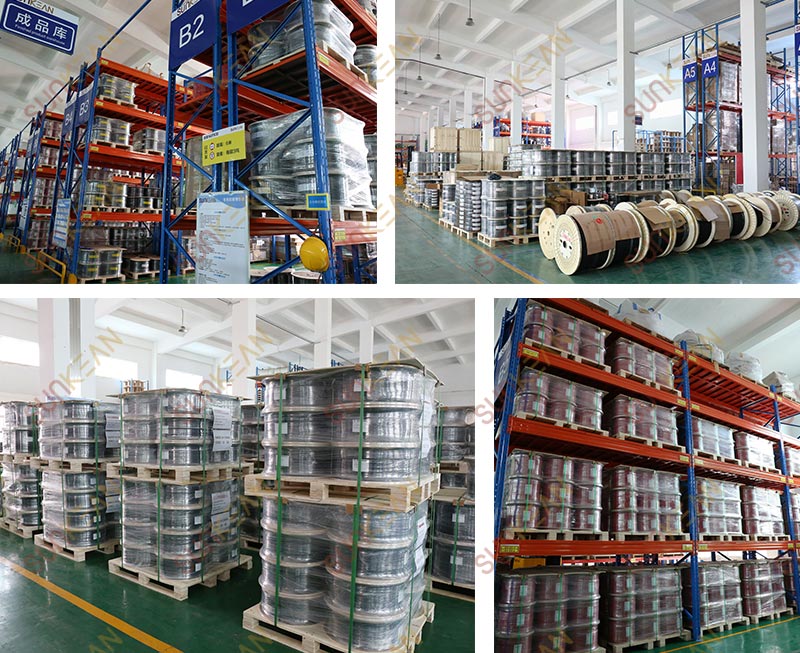Copper and aluminium are most frequently used as the electrical conductors in electrical cables due to their low resistance and excellent conductivity. These metals are both ductile and relatively resistant to corrosion, but they also have different properties which make them useful for various applications.
The truth is that both copper and aluminum conductors have their distinct advantages and disadvantages. By weighing the pros and cons of each, you can make the best decision that will help boost performance and functionality of the specific application.
Copper conductors
Advantages:
With the exception of silver, copper is the most common conductive metal and has become the international standard. Aluminum has only 61 percent of the conductivity of copper, which can lead to significantly higher losses in energy in aluminum transformers.
Copper wiring also has a lower thermal expansion coefficient than its aluminum counterpart. The temperature of electrical wiring increases as electricity flows through it. Aluminum wiring has a higher thermal expansion than copper wiring, resulting in greater expansion.
Copper conductor is been universal used in residential and commercial electrical systems. It’s often preferred, in fact, over aluminum wiring because of its high tensile strength. The tensile strength of copper is roughly 40% higher than that of aluminum. With a higher tensile strength, copper wiring can protecing against breakage as well as other forms of physical damage.
Copper has a lower coefficient of thermal expansion. This parameter measures the tendency of a material to change in volume as a function of temperature.
Disadvantages:
The demand for copper is variable, if the project requires extensive use of wire, the cost can add up quickly.
Whilst an aluminium conductor is only about 61% as conductive as the same sized copper conductor it is also three times lighter in weight. It a poor choice for applications where weight plays a crucial role.
Aluminum Conductors
Advantages:
Compared to copper, aluminum is less expensive and offers more cost savings for facilities on a budget. Aluminium prices have remained relatively stable due to its abundance of materials, making it attractive for projects that cannot afford to go over budget.
Aluminum is lighter in weight than copper and is a good choice if copper’s high conductivity is not required, and the use of lightweight materials can also reduce labor costs to a certain extent.
Disadvantages:
Aluminum has less conductivity than copper and can’t be soldered as easily as copper. It means that a much larger size aluminium conductor needs to be used to match the conductivity of the equivalent copper conductor. And aluminum is less pliable than copper the conductor, the cross-sectional size of the cable may be restrictive in certain applications.
Aluminum conductors oxidize more easily than copper conductors, so maintenance costs are relatively high over time.

Copper and aluminum are the two most commonly used materials in wire construction. While copper is the more common choice for conductors, aluminum can be a valuable alternative in specific applications. SUNKEAN UL certified cables provide two different choices of copper conductors and aluminum conductors. Whether you want to choose copper conductors or aluminum conductors, we can provide you with reliable services and high-quality products. Please feel free to contact us. wendy@ske-tech.com